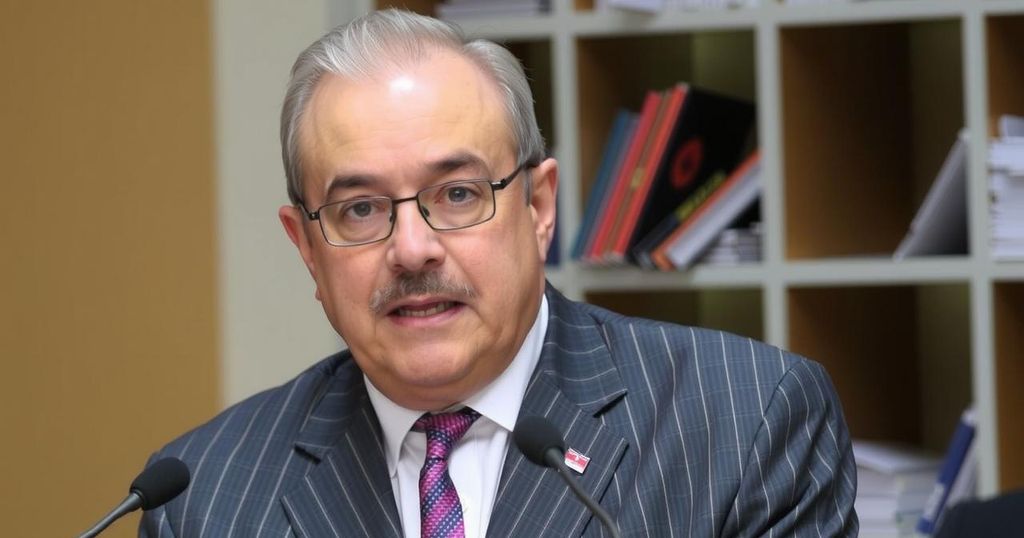Lebanon’s PM-designate, Nawaf Salam, vows to ‘rescue, reform, and rebuild’ the crisis-burdened nation by engaging with all political factions, including Hezbollah. Salam emphasizes restoring state authority and building a modern economy amid deep political divisions and ongoing economic hardship. His nomination symbolizes hope for change following recent conflicts and is a call for collaboration in the government’s formation.
Lebanon’s Prime Minister-designate, Nawaf Salam, has articulated a daunting vision to “rescue, reform and rebuild” the nation, which has been severely impacted by economic turmoil and political strife. In his inaugural address, Salam emphasized his intention to engage with diverse political factions, notably reaching out to Hezbollah, despite their initial opposition to his nomination. Supported by a parliamentary majority, Salam expressed his commitment to establishing a more unified government and encouraged collaboration across different political lines.
Having recently served as the president of the International Court of Justice, Salam is poised for this pivotal role amid Lebanon’s ongoing crises, including the fallout from war and instability in the region. He explicitly mentioned his goal of reinforcing the Lebanese state’s authority and pledged adherence to UN Resolution 1701, which mandates Hezbollah’s withdrawal from Southern Lebanon. Salam also promised to advocate for the complete expulsion of Israeli forces from the country’s territories.
Salam’s elevation to the role of prime minister comes at a time when Lebanon is confronting its most severe financial crisis since 2019, with the prospect of governance further complicated by entrenched political divisions. The formation of his government may be protracted given Lebanon’s complex political landscape that often complicates consensus-building. Nonetheless, there are glimmers of hope for many in Lebanon following the recent conflict between Israel and Hezbollah, which has resulted in substantial loss of life and displacement. A ceasefire, brokered by the United States, recently came into effect, providing a brief respite from the hostilities.
Lebanon has been embroiled in a multifaceted crisis encompassing economic hardship, political instability, and regional conflicts. The nation has experienced severe financial turmoil since 2019, leading to rampant inflation and skyrocketing poverty levels. The recent conflict with Israel, which resulted in considerable casualties, further highlighted the pressing need for a cohesive political strategy. The political landscape is deeply fragmented, with various factions vying for influence, complicating the formation of a government. Nawaf Salam’s appointment reflects attempts to bridge divides, as he seeks to unite different political groups for the greater good of the country.
Nawaf Salam’s recent designation as Prime Minister of Lebanon represents a pivotal moment for the nation as it strives towards recovery and stability. His commitment to inclusivity and reform aims to address the country’s pressing challenges, including economic recovery and territorial integrity. While hurdles remain in the political landscape, Salam’s proactive outreach and reconciliation efforts provide a foundation for potential progress. The upcoming months will be critical in determining the efficacy of his plans in navigating one of Lebanon’s most challenging periods in recent history.
Original Source: www.aljazeera.com






